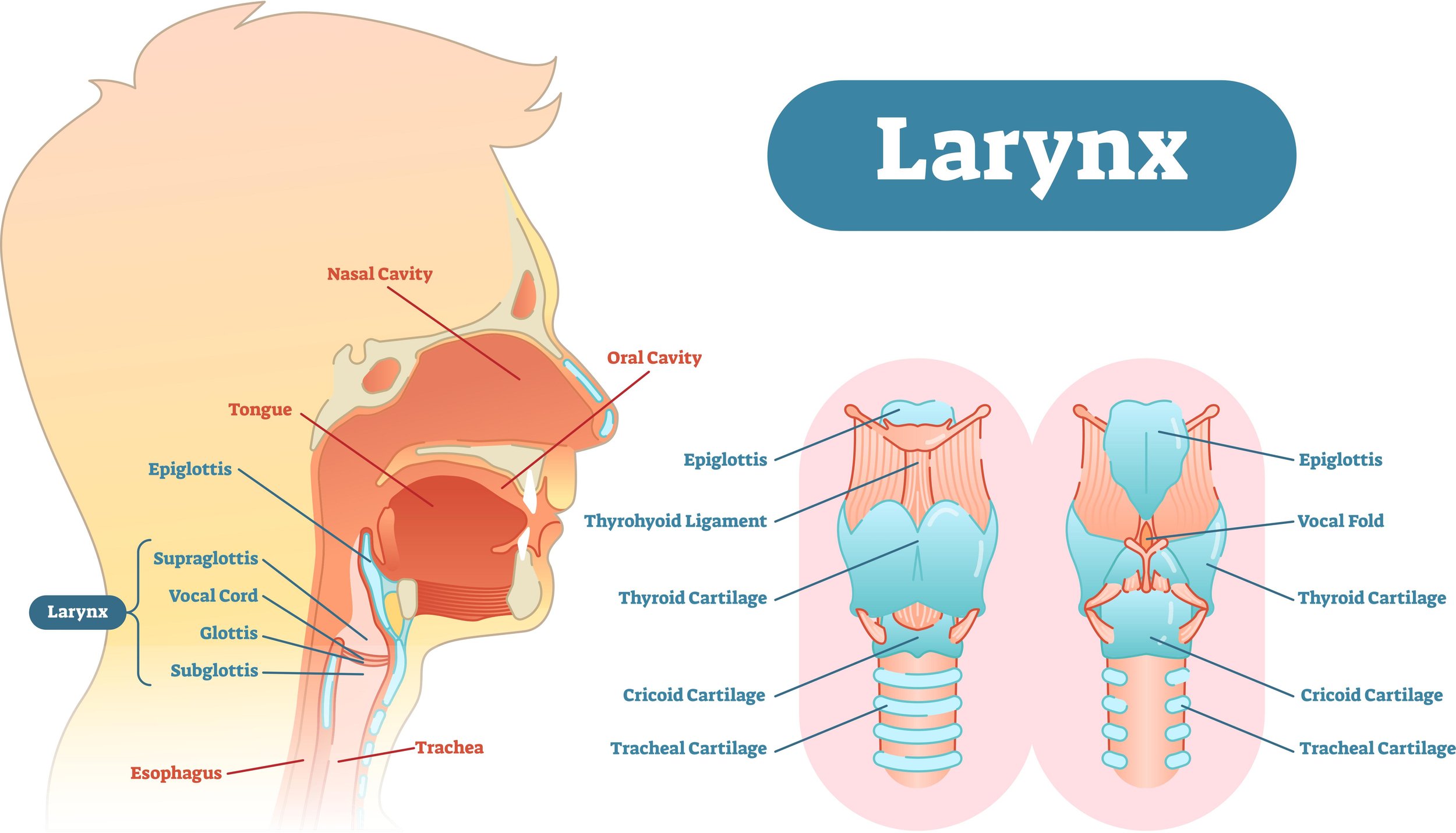Gender Affirming Voice: 8 Ways to Take Care of Your Voice
Having a healthy voice is the first step toward vocal modification. How we treat our bodies overall can make an impact on your voice. For instance, if you’re not getting enough sleep, you ate something that disagreed with you, or you’re going through some health issues, your voice might feel off.
Our voices are literally a part of us, so if you’re struggling with vocal fatigue, the following 8 ways to care for your voice are a good place to start.
1. Hydration
Hydration is SO important for your voice. When your vocal folds are hydrated, they easily buzz together, but when they’re dehydrated, they develop a thick mucus that makes it more difficult to initiate a sound.
Try starting your morning by drinking a glass of water before you do anything else. This will set the tone for the day and help you remember to continue to drink your water. I like to use a big water bottle and keep it with me all day to keep track of how much water I’ve had. It’s important to stay hydrated all throughout the day, not just when you practice. It takes a couple of hours for our system to actually become hydrated and for the vocal folds to get the benefits of that water.
The only way to directly hydrate your vocal folds is through steam. This is something I’ve just starting to try, but some singers swear by it. I bought a personal steamer, but you could also just boil some water in a pot and stick a towel over your head to trap the steam, or even just take a hot shower.
2. Stretching
Stretching is a great way to decrease tension around the area of your vocal folds. Try stretching the neck, shoulders, side body, and back.
3. Posture/Breath
We live in a world where we’re all hunched over our phones and computers all day, which makes it hard to have great posture. In order to breathe well and get the motor going in our voices for vocal feminization, we need to prioritize our posture.
Taking low breaths into the belly reduces neck tension that can come from taking shallow breaths.
4. Exercise
Your voice is a part of your body, so it makes sense that we need to take care of the body as a whole. Personally, I like to exercise because it really helps me to decrease my anxiety levels, and when I’m less anxious and more relaxed, that is overall healthier for my body and therefore my voice.
I love to go for walks outside and I’ll do strength training or pilates, all just from YouTube videos here at home. I switch up the video or the style of exercise I’m doing a lot because it helps me be more consistent. So if I’m sore or really tired, I can just do a little yoga because the point is just to have a moment where I’m moving my body to set my mood for the day.
5. Meditation
Meditating is a great way to calm your mind and connect with your body. There are a lot of emotions that come with vocal modification. Whether you’re working on vocal feminization or vocal masculinization, tension reduction can help immensely in being able to achieve the sounds that feel like you.
6. Nutrition
Eating healthy is important for the health of the voice. Take stock of how you feel after you eat different foods. Personally, I struggle with acid reflux, which can be very detrimental to the voice, not to mention uncomfortable. I need to be careful of spicy foods, garlic, raw onion, and fried foods. I always try to start the day off by eating something I know won’t trigger any kind of upset for my stomach.
7. Vocal Warmups
When we wake up, our voices are just as tired as we are, so we have to gently ease the voice into the day.
I always start with SOVT exercises. These are really gentle ways to warm up the voice. My favorite is a tongue trill, but lip trills or using a straw give you the same benefit.
8. Manner of Speaking
And finally, be careful of how you use your voice! When we’re in a loud environment like a bar or restaurant, we will naturally speak louder and push our voices in order to be heard.
Pay attention to how your voice feels after a night out drinking and talking loudly!





















